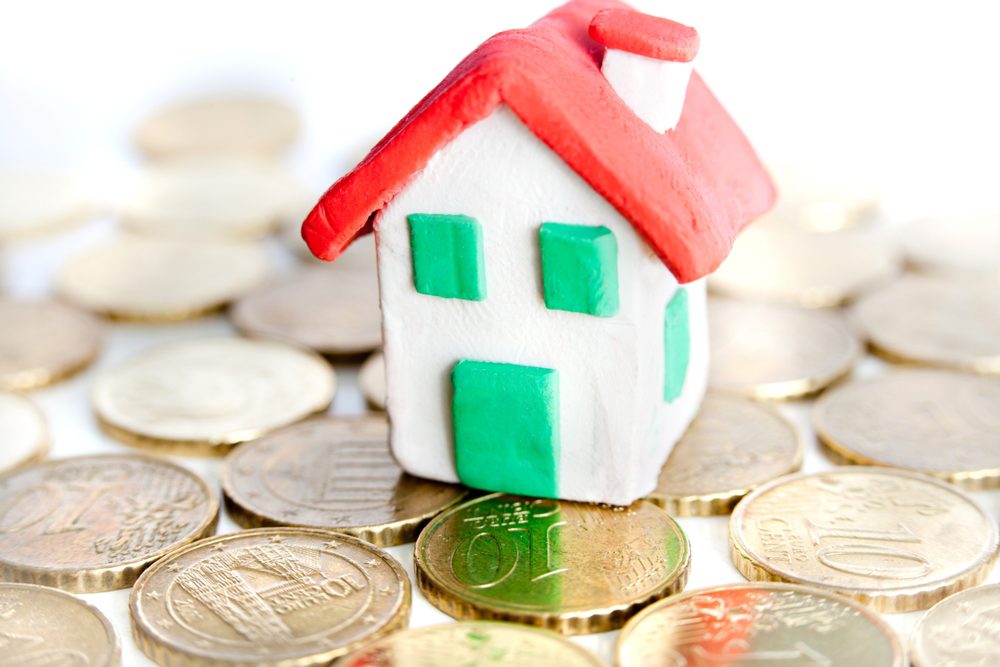Can Real Estate Protect Your Finances in a Recession?

The Volatile times
With the volatility in the stock market to end 2018 and the partial federal shutdown threatening to gum up the economy to start 2019, the threat of a recession seems real for a number of analysts.
If you’ve been invested in securities over the last 10 years, even if just through an employer-connected 401k, you’ve likely enjoyed a good run. So how do you protect yourself if the economy is now cycling toward a downturn?
Data suggest that real estate is a solid protectionary position during a recession. Since the housing boom that started shortly after World War II, there have been 11 recessions in the United States. Up until the last one, which was directly related to real estate in 2008, U.S. home values have continued to steadily rise through recessions.
That leads to a logical question: Can real estate protect your finances against a recession?
The short answer is probably “somewhat.” The most obvious reason is the aforementioned stability in value. Home prices have historically risen, even through recessionary periods, while other asset classes typically lose value. Aside from that fundamental point, there are a few other things to consider about real estate as recession protection.
Real estate can be an income-producing asset
While you might feel as though your primary residence’s growing value makes it a solid “investment,” it’s actual investment property, rental real estate, that compares favorably to other investments during an economic downturn. The primary reason for this is that investment real estate is an income-producing asset class.
An investment property that you rent out is producing income no matter what its value on paper is. That income is determined by market rental rates, which, because of the evergreen demand for a place to live, aren’t closely pegged to the overall economy. You can invest in a rental property that generates $1,000 per month in rental income, and it will likely continue to do so even if the value of the property does not grow.
By contrast, investing in stocks or mutual funds is typically speculative. You buy shares hoping the value of the shares goes up. The stocks that pay dividends (income) can be affected by earnings reports, outstanding shares, and even overall value. Even the best dividend investors are at the mercy of market conditions that are influenced by a recessionary economy.
Real estate can be a re-balancing tool
Real estate-related securities, home-builder stocks and real estate investment trusts, for example, outperformed the overall market in 2018. There still is a demand for real estate, which means that even if you don’t want to directly own investment properties, investing in securities that do might be a hedge against an under-performing stock market.
Consult with a financial planner, of course, but consider real estate’s relative resilience during most recessions if you’re thinking about re-balancing your existing portfolio.
Real estate can be a vehicle for forced debt pay-down
Even if you don’t want to own investment real estate, your own primary residence could help your finances during a recession. Typically, in the lead-up to a recession, interest rates rise (it’s happened already), which means that some people have rising debt costs even as their overall investment values shrink.
The nature of leveraged real estate (properties with mortgages) provides a uniform, automatic debt pay-down vehicle. If your mortgage interest rate, for example, is 5 percent, every dollar you spend paying that debt down is more beneficial to your finances than any investment earning below five percent.
Also, as rates rise, a home can provide cheaper debt pay-down options. For example, if you have credit-card debt that gets more expensive as rates rise, but you have a home equity line of credit at a much lower and/or fixed rate, your home can provide funds that are less expensive to use toward that debt. Home-ownership can provide a way to reduce the carrying costs of debt while everyone else is worrying about the rising cost of that debt.
If you, like many, start seeking a safe haven for investible cash you have, even a primary residence can be a haven. For example, a down payment on a home in an area earning 5 percent appreciation per year is more valuable than bond or T-bills (also safe) earning 3 or 4 percent in annual returns. By that measure, buying a home during a recession can be viewed as a solid financial win.
Economic downturns are no fun for anybody, but knowing some basic truths regarding real estate might help you use it as a form of protection during a recession.These truths include the resilience of real estate values, the income-producing nature of investment real estate and the availability of real estate as a debt-paydown strategy.
Combined, these truths might help the owners of real estate fight off the effects of inflation a bit better than those who aren’t cognizant of these truths.



